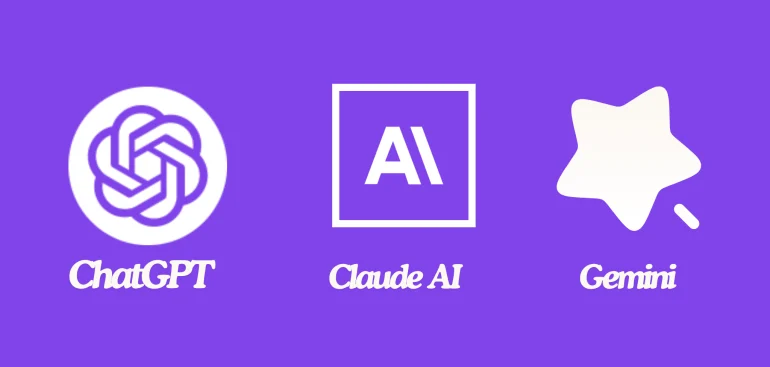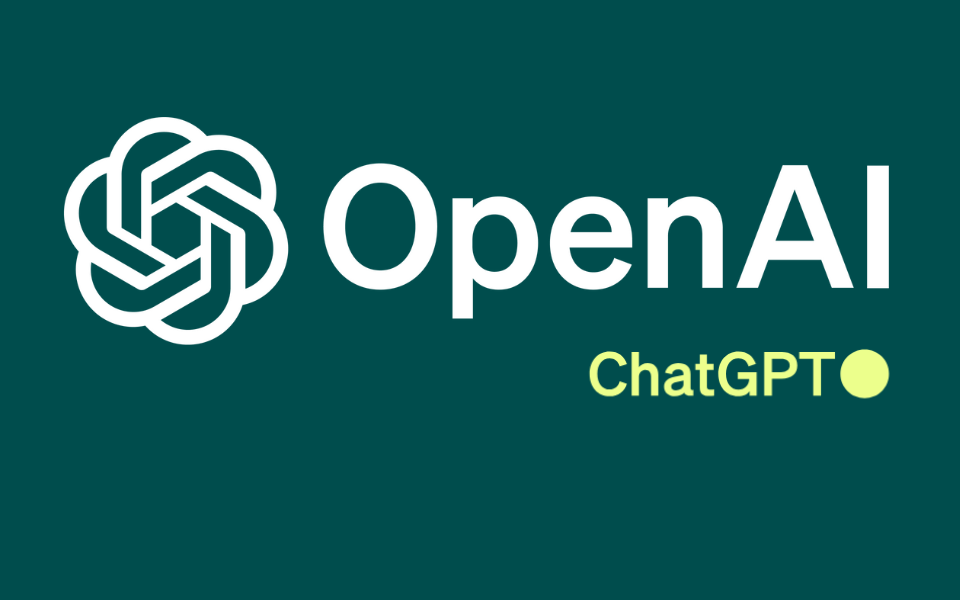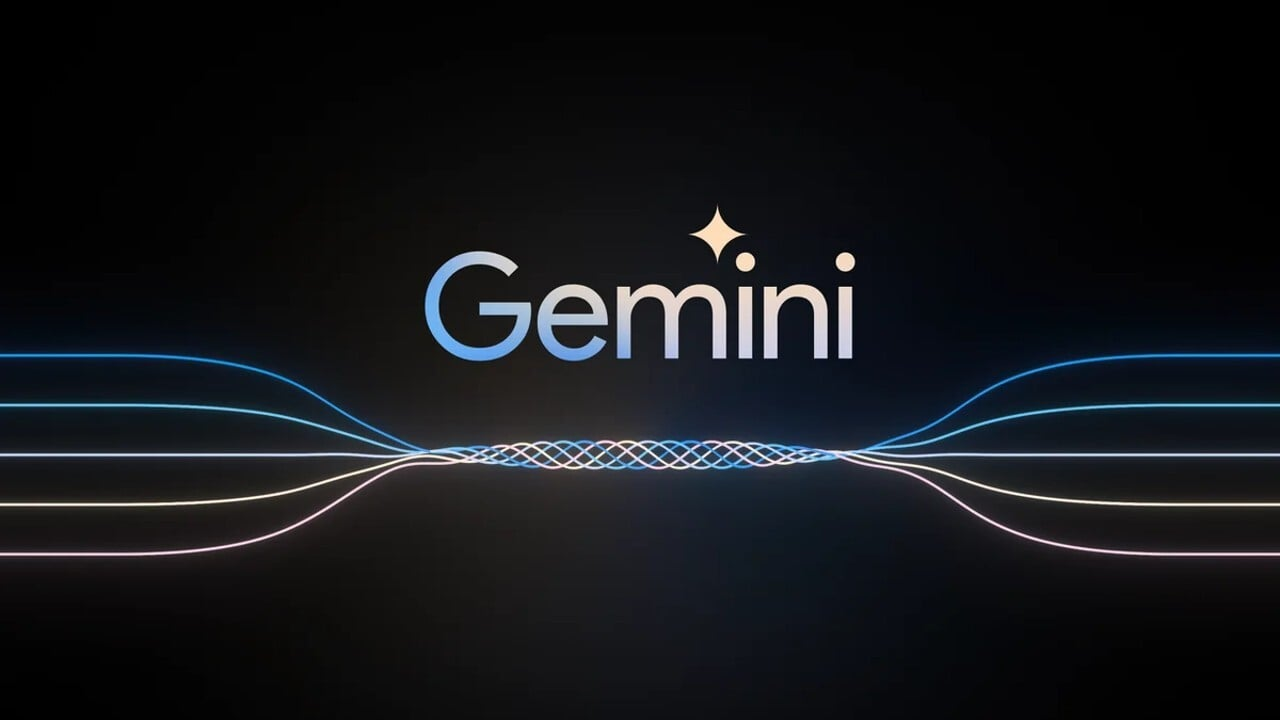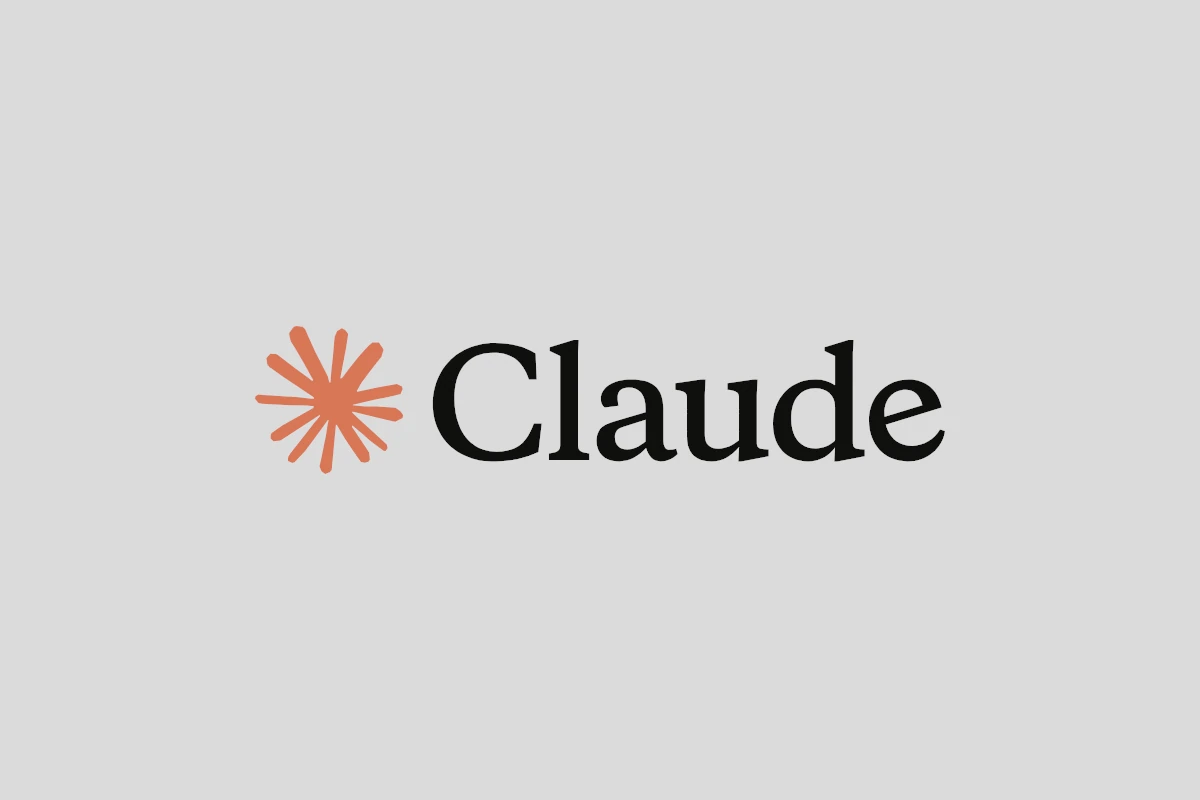By 2025, AI assistants will have quickly evolved into indispensable tools that will change the way we write, research, communicate, and work. Three names stand out among the top contenders: Claude (by Anthropic), Gemini (by Google), and ChatGPT (by OpenAI). Although each has special advantages, which is the greatest fit for you?
Let’s examine the usability, performance, originality, and integration of these leading AI helpers.
1. OpenAI’s ChatGPT
Summary:
OpenAI-powered ChatGPT is presently offered in two versions: GPT-3.5, which is free, and GPT-4-turbo, which is paid for through ChatGPT Plus. It is renowned for its broad selection of plug-ins and integrations, innovative writing skills, and organic conversation flow.
Advantages:
- Extremely conversational: ChatGPT is simple to use for both informal and formal activities because it simulates human-like speech.
- Creative content creation: Great for ideation, scripts, blogs, and storytelling.
- Custom GPTs: AI versions that are suited for particular jobs can now be made.
- File handling: Answer questions based on Word, PDF, and other file formats, upload documents, and receive summaries.
Weaknesses:
- Needs a membership to access the most robust features.
- Hallucinations sometimes (like all LLMs).
Ideal for: Students, marketers, content producers, and overall productivity.
2. Google’s Gemini
Overview:
Google’s premier AI assistant, Gemini (formerly known as Bard), is closely linked with Google Workspace and the larger Google ecosystem. It makes use of Google’s vast knowledge graph and real-time web data.
Advantages:
- Integration of real-time search: Gemini can offer the most recent data.
- Outstanding in terms of factual correctness and investigation.
- Integration with Google Workspace: Excellent for Gmail, Docs, Sheets, and Drive users.
- Gemini 1.5 Pro image generation: It can also produce and modify images.
Weaknesses:
- Open-ended writing might occasionally be less imaginative.
- Its UX and accessibility across all regions are still being improved.
Ideal for: Professionals utilizing Google tools, researchers, and others in need of up-to-date information.
3. The Anthropological Claude
Summary:
Claude was created with alignment and safety in mind. Claude is well-liked by users who require context-aware writing and sensitive data management because of its lengthy memory and moral design.
Advantages:
- Very long context window: Claude 3 is highly accurate at handling and remembering long documents.
- Professional tone, technical writing, and summarizing are all excellent uses for polished writing.
- Safe and ethical design: centered on conscientious AI production.
Weaknesses:
- Restricted availability, in contrast to Google or OpenAI.
- There are now fewer plug-ins and integrations.
Ideal for: Professionals working with lengthy or delicate documents, researchers, instructors, and attorneys.
So, Which AI Assistant Wins?
It depends on your use case:
| Use Case | Best Choice |
|---|---|
| Creative writing & chat | ChatGPT |
| Research & Google Docs usage | Gemini |
| Long documents & summaries | Claude |
| General daily productivity | ChatGPT / Gemini |
| Privacy-focused content work | Claude |
Concluding remarks
There isn’t a single, universal solution. The most adaptable and user-friendly is ChatGPT. Gemini is excellent at current information and research. Claude excels in managing context, subtlety, and depth.
Try each one according to your objectives, whether they are creating code, writing blogs, summarizing documents, or simply responding to inquiries.




